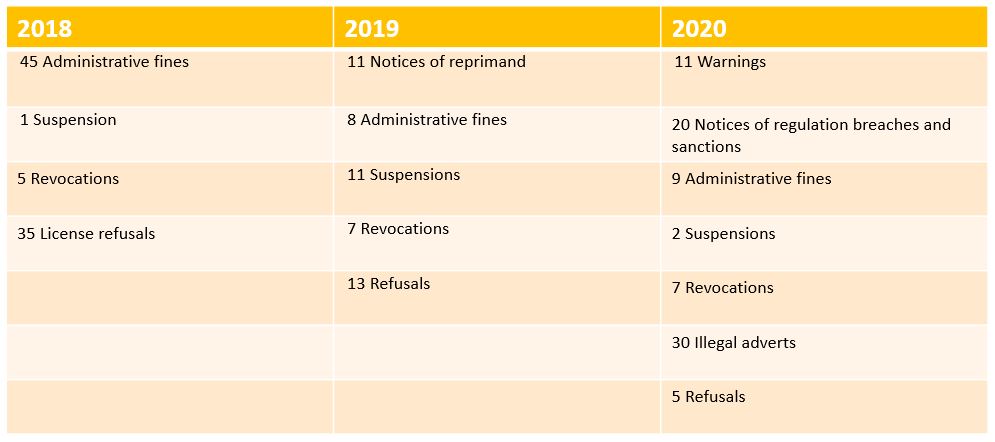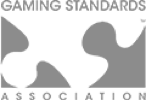The Malta Gaming Authority (MGA) has stepped up its level of scrutiny considerably in recent years, evolving to tackle new and emerging problems faced by the gaming industry.
The regulator’s increasingly proactive approach is evident in the results of the Authority’s H1 Interim Performance Reports, which reveal enforcement actions taken between January and June. Operators have clearly been feeling the MGA’s presence ever-more keenly:

The impact of such increased attention is twofold. First, there is an increased risk of penalties – financial sanctions or license withdrawals – from those who are not compliant. But secondly, every operator can expect a growing workload to accommodate this increased scrutiny.
Plus, there are numerous Hidden Costs Of Non-Compliance, as we explored in a recent article on our blog.
Proactive Attention On Operators
The H1 2020 MGA Interim Performance Report demonstrates that an increased level of scrutiny is being applied to the industry’s regulatory performance.
Many operators fell foul of regulation 9 (1) of Malta’s Gaming Compliance and Enforcement Regulations. Some failed to follow regulatory obligations or ensure the integrity and availability of essential regulatory data, while others failed to submit completed compliance contribution calculators and player fund reports.
Across Europe a similar picture is emerging, particularly in the UK where the Gambling Commission’s activity levels continue to be high, and where a major policy review is underway. All MGA licensees need to remain extremely vigilant regarding their regulatory responsibilities, and work closely with the regulator. It’s in the interests of both the MGA and their licensees to ensure that audits and regulatory reporting is actioned efficiently.
An Evolving MGA
Beyond increased enforcement of existing regulation, the MGA is likely to evolve and shift its attention to reflect industry developments.
The MGA works closely with operators at all stages, from the development to the enforcement of regulation. Close relationships between the MGA and its licensees are critical for both parties, particularly at times of change.
In 2018 for example, the MGA overhauled its legislative framework, in order to better tackle money laundering and financial terrorism. This was a great stride towards combatting gambling related crime, but left operators scrambling to learn the new system, leading to a record 45 fines in six months. The following year fines dropped 82%, demonstrating the major effort undertaken by the industry to get back up to speed with regulations.
iGaming Academy offers a suite of eLearning courses for MGA licensees and their suppliers. Our compliance training is highly effective and time-efficient, featuring content informed by leading industry experts. All our courses are updated automatically in-line with new guidance and best practise.
—
Take Control: Compliance Training For MGA Licensees
As the industry changes and expands, so will the MGA’s scope and remit. The trend for increasing scrutiny shows that operators must pay careful attention to the regulators’ direction and act diligently to minimise future risks and business impact.
In 2019, the MGA announced intentions to update its Commercial Communications Regulations in order to establish responsible advertising guidelines. These were later updated to reflect the pandemic situation, which caught out many unprepared operators. In H1 2020, 30 were found to have illegally made direct or indirect references to COVID-19.





